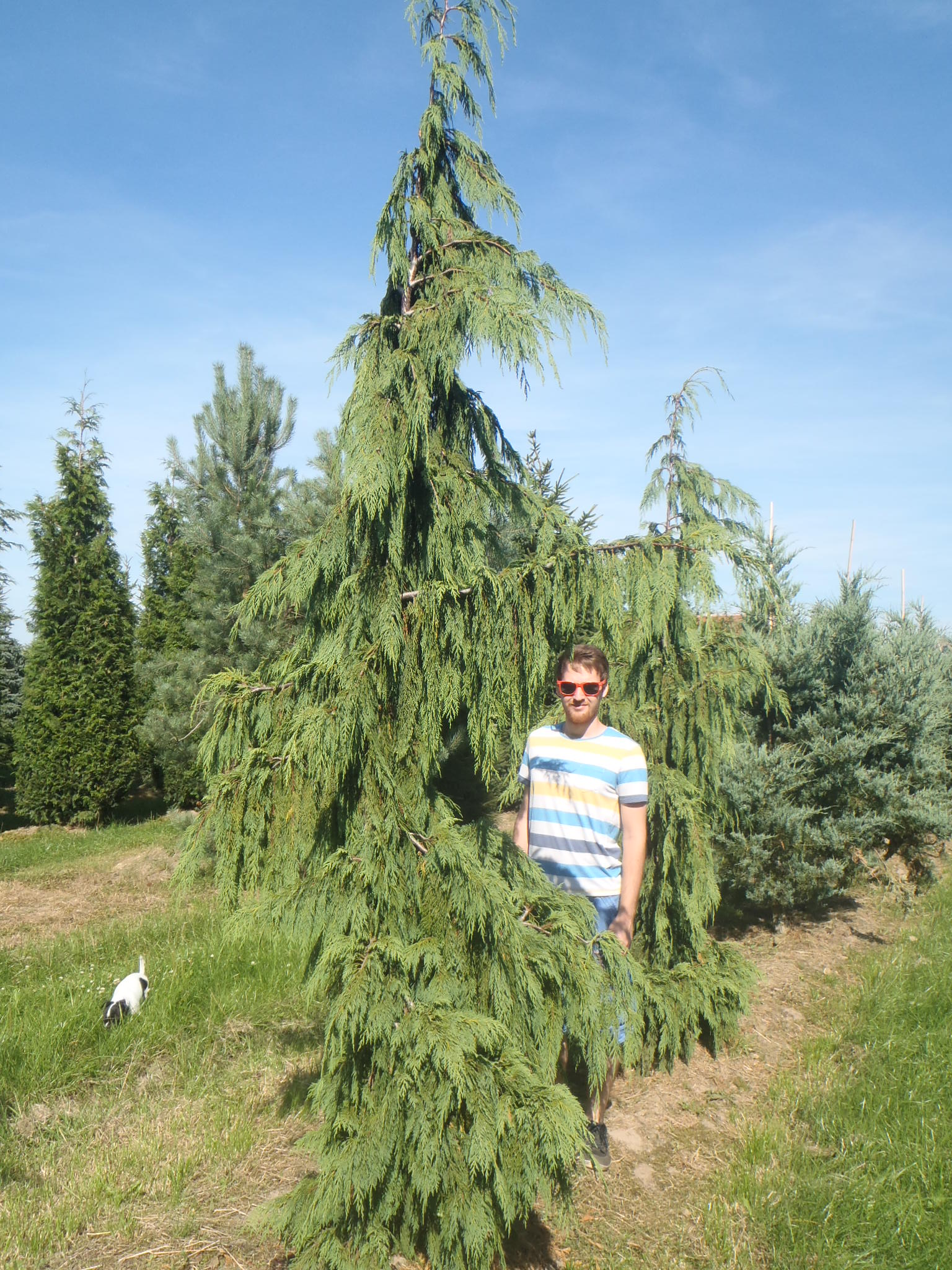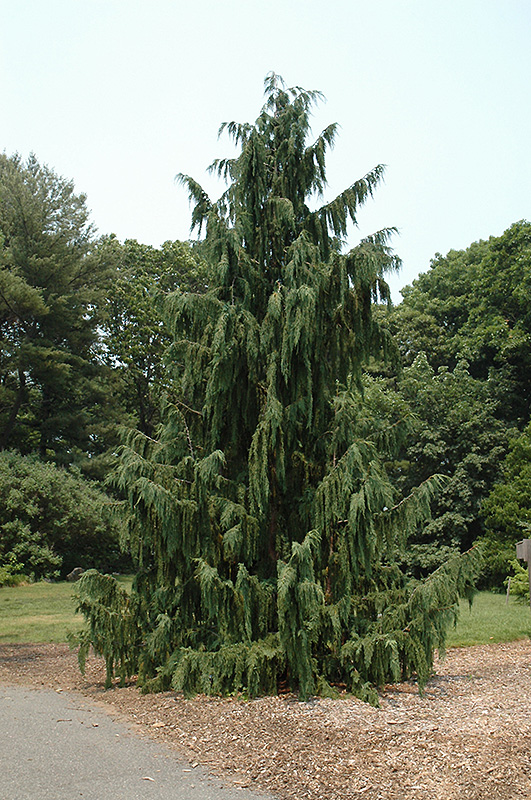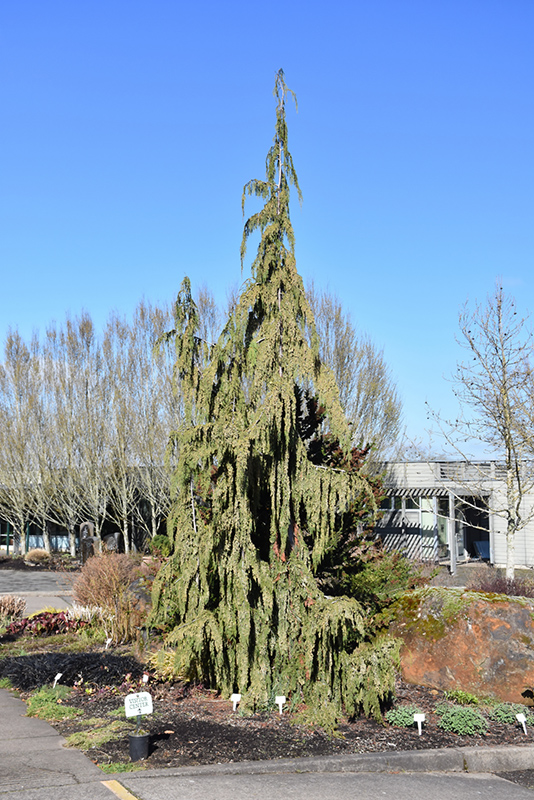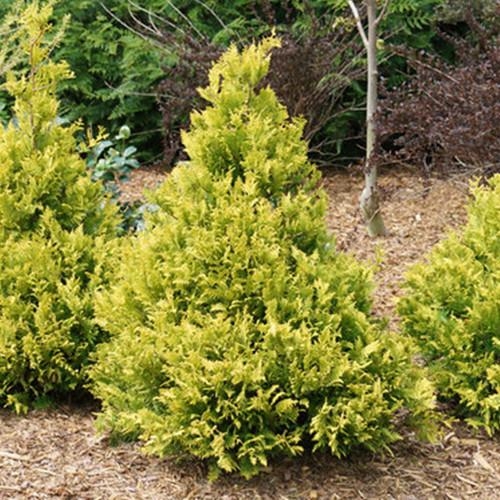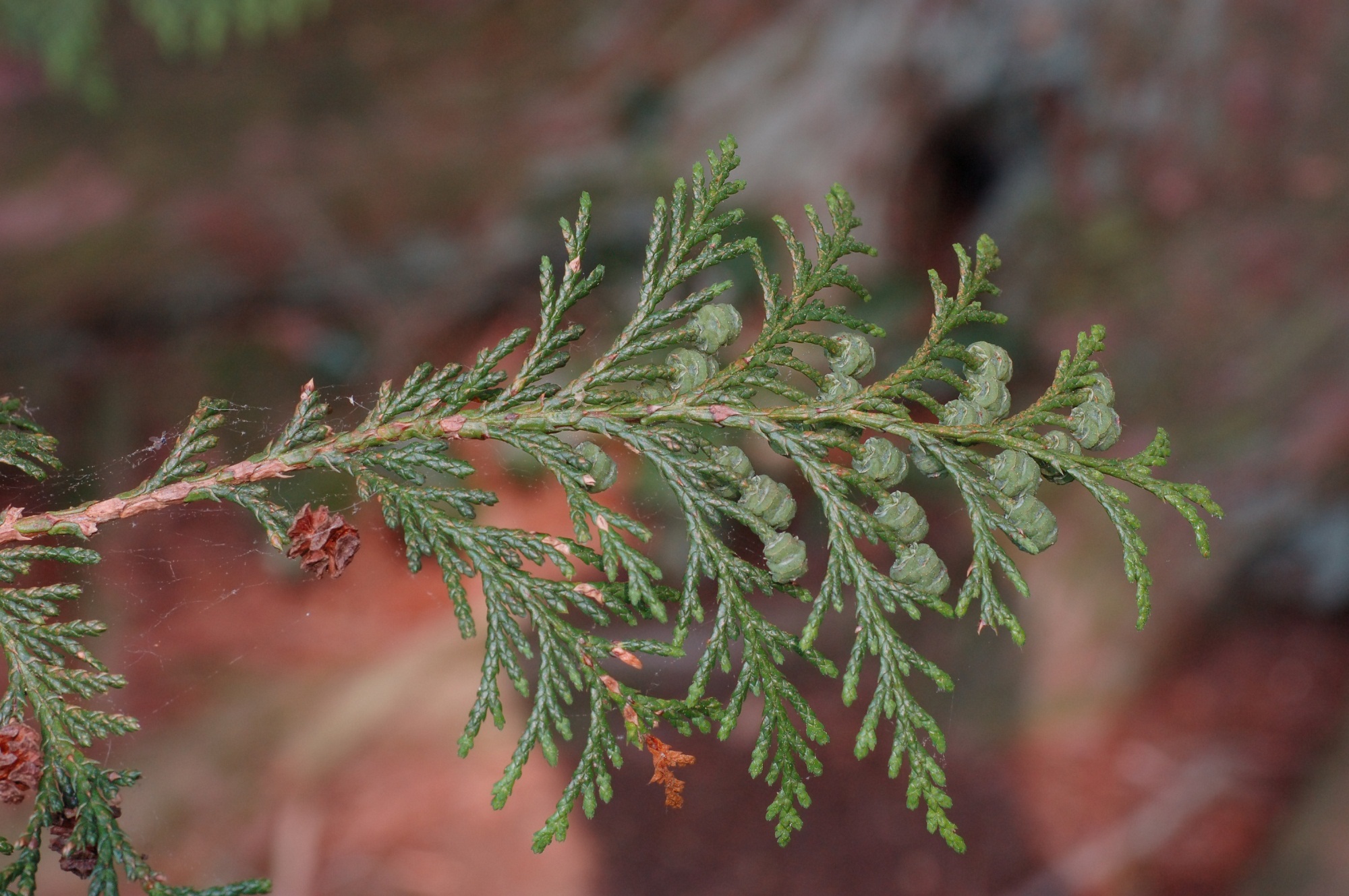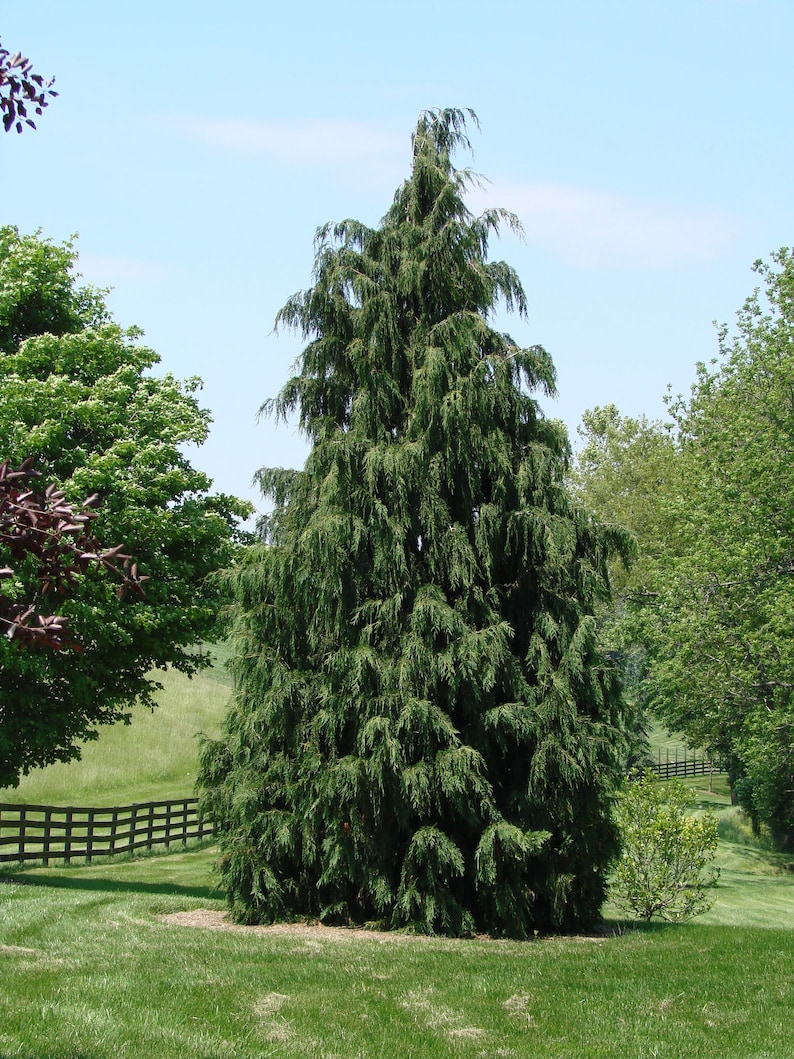Awesome Tips About Weeping False Cypress Tree
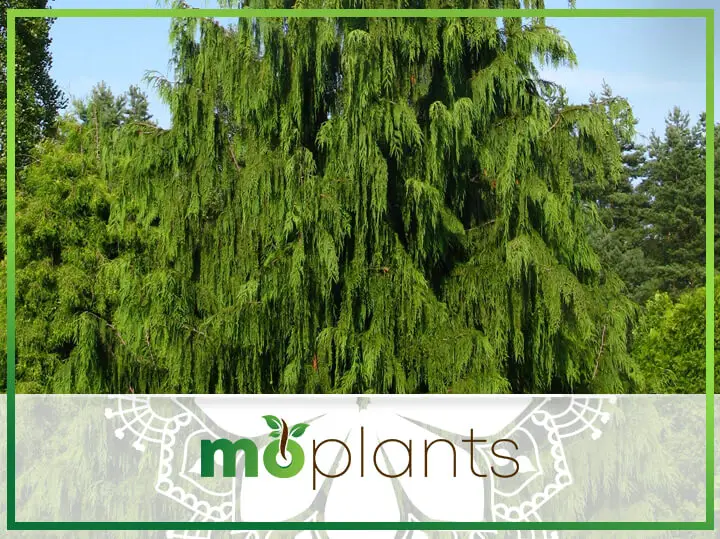
Weeping nootka false cypress family name:
Weeping false cypress tree. Chamaecyparis nootkatensis ‘strict weeping’. A graceful, delicately weeping tree with pendulous branches and rich green foliage. Xanthocyparis nootkatensis, chamaecyparis nootkatensis ), is a species of tree in the cypress family native to the coastal regions of northwestern north america.
Callitropsis nootkatensis, formerly known as cupressus nootkatensis ( syn. The weeping nootka cypress thrives in full sun in zones 5 through 8. Few plants will survive in wet soil.
A great accent tree for the home landscape ornamental features weeping nootka cypress is primarily valued in the landscape for its highly ornamental weeping form. Pruning propagating growing from seed growing in pots overwintering the chamaecyparis genus, often referred to as false cypress trees, offers a wide array of sizes and colors for anyone searching for a textured evergreen. Details style care care provide deep, average to enriched, slightly acidic, fast draining soil.
(50 cm) in height per year. 4, 5, 6, 7 lowest temp: We only offer high quality cypresses at best price.
When newly planted they need about as much water as any other plant, be careful to not plant it too deep or in a wet area. Loosen soil in planting area and amend with compost or other organic matter if needed. A graceful, delicately weeping tree with pendulous branches, more so than the species;
Since a weeping cypress is more closely related to a cypress than cedars, its genus name has also changed from chamaecyparis nootkatensis to xanthocyparis nootkatensis. Chamaecyparis psifera 'sungold' is a dense evergreen shrub with threadlike golden foliage on weeping branches. Alternative way to apply granular fertilizers starts with drilling or punching 6” deep holes at the drip line.
It’s plenty cool enough just doing what it does. Native to moist bottomlands in the pacific northwest, it needs consistently moist soil. Sun to part shade bloom season:
This medium side evergreen needs little pruning, but it’s winter structure structure is important. It does not bloom, it doesn’t need to. Some are tall conical trees while others are smaller dwarf tree varieties, better suited for use as hedges.
They are sometimes called the weeping blue alaskan cedar. It bears an abundance of seed cones from a young age. The tree reaches up to 90 feet tall in its native environment, but often doesn't grow taller than about 35 feet in the home landscape due to pruning.
This plant is also known as false cypress. It grows 8 feet tall and 12 feet wide. In summer, its blue tips stand out against the rest of the foliage and create a lovely effect.

